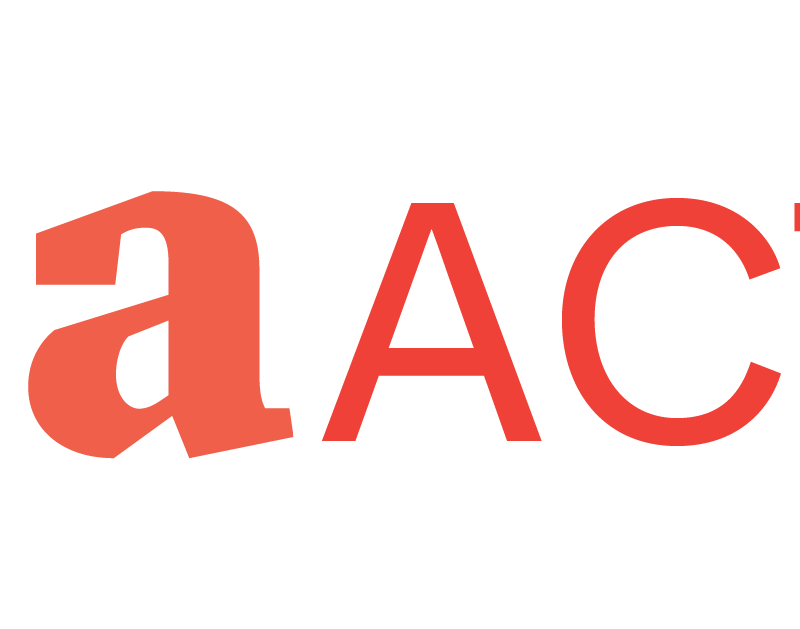

The race for mayor of Chicago, the nation’s third largest city, is the latest election where crime – both the incumbent’s performance and the stances of the remaining candidates – has dominated the narrative. Commentators are looking at the outcome as a referendum on competing visions of how to combat crime and address public safety – one that offers solutions to prevent crime before it happens and another that offers solutions to get tough on crime.
In a survey of Chicago run-off voters on the eve of the election, we find a city deeply concerned about crime, especially violent crime, but also embracing a nuanced view of the causes of crime and potential solutions. Indeed, Chicago voters prefer measures to prevent crime before it happens than tougher penalties. While voters are supportive of police, they do not have a favorable view of the police union, and do not necessarily think more police or lack of police presence is at the heart of Chicago’s crime problems.
Voters in Chicago are equally favorable towards Brandon Johnson and Paul Vallas and likely to trust both candidates to reduce crime in Chicago. Given voters’ nuanced understanding of what drives crime and makes communities safe, it is not a surprise that they favor Johnson’s prevention focus to Paul Vallas’ tough on crime posture. Voter’s favor investing in mental health and addiction treatment, addressing the causes of poverty and creating better paying jobs, and getting illegal guns off the street, over increasing penalties for crime, and hiring more police.
This memo is based on a survey of 757 likely runoff voters in Chicago. Thirty eight percent were called via live phone calls and 62 percent via text-to-web using voter file sample. The survey was conducted from March 31 – April 4th, 2023. The margin of error is +/- 3.56 percentage points at the 95 percent confidence interval.[1]
Main Findings
1. Crime is the biggest issue in Chicago.
- Around 80 percent say that both crime and safe communities are their top priorities for the next mayor of Chicago.
- Fully 95 percent say crime in Chicago is a serious problem citywide, with 76 percent noting it as a very serious problem.
- Voters are most concerned about gun violence (45 percent), car theft (40 percent), and violent crime (31 percent).
2. Despite their concerns, voters favor an approach that prevents crime before it happens over more tough on crime measures.
- Voters say the factors most responsible for crime are too many guns on the street (40 percent), poverty (32 percent) and lack of access to mental health services (28 percent). Around a third (34 percent) also cite release on bail for violent offenses (note that the Pretrial Fairness Act has not gone into effect).
- Voters say the most effective solution to crime is investing in more mental health and drug addiction programs (30 percent). Notably, voters were much less likely to select hiring more police (18 percent) as an effective solution to crime.
- When asked if they favored a prevention-first approach over more tough on crime measures, 55 percent of Chicagoans choose a crime prevention approach. They think that the best way to address public safety in Chicago is to fully fund things that are proven to create safe communities and improve people’s quality of life, like good schools, a living wage, and affordable housing, and do more to prevent crime by increasing treatment for mental health, drug addiction, and cracking down on illegal gun sales. This is compared to just 43 percent of voters who think that the solution should be doing more to get tough on crime, like having stricter sentences for people convicted of violent crimes, maintaining strong bail laws to keep potentially dangerous people in jail, and giving police more support and resources.
3. While trust on crime is contested, ultimately voters prefer Johnson’s approach.
- Despite a barrage of negative ads, both candidates are viewed more favorably than unfavorably. Fifty four percent view Brandon Johnson favorably while 42 percent view him unfavorably. Fifty two percent are favorable towards Paul Vallas compared to 44 percent who are unfavorable.
- Voters trust both Johnson and Vallas relatively equally when it comes to reducing crime in Chicago; 51 percent say they trust Johnson and 55 percent say they trust Vallas.
- Regardless, when we test Johnson’s advertising and social media on crime versus Vallas’ advertising and social media on crime, voters prefer Johnson to Vallas (52 percent Johnson – 44 percent Vallas).
[1] This survey data were reweighted to reflect the outcome of the mayor’s race (51.4 Brandon Johnson – 48.6 Paul Vallas). The results, pre-election, among Chicagoans who already voted had Johnson leading Vallas 43 percent to 42 percent.
LINK TO FULL SURVEY RESULTS HERE.
